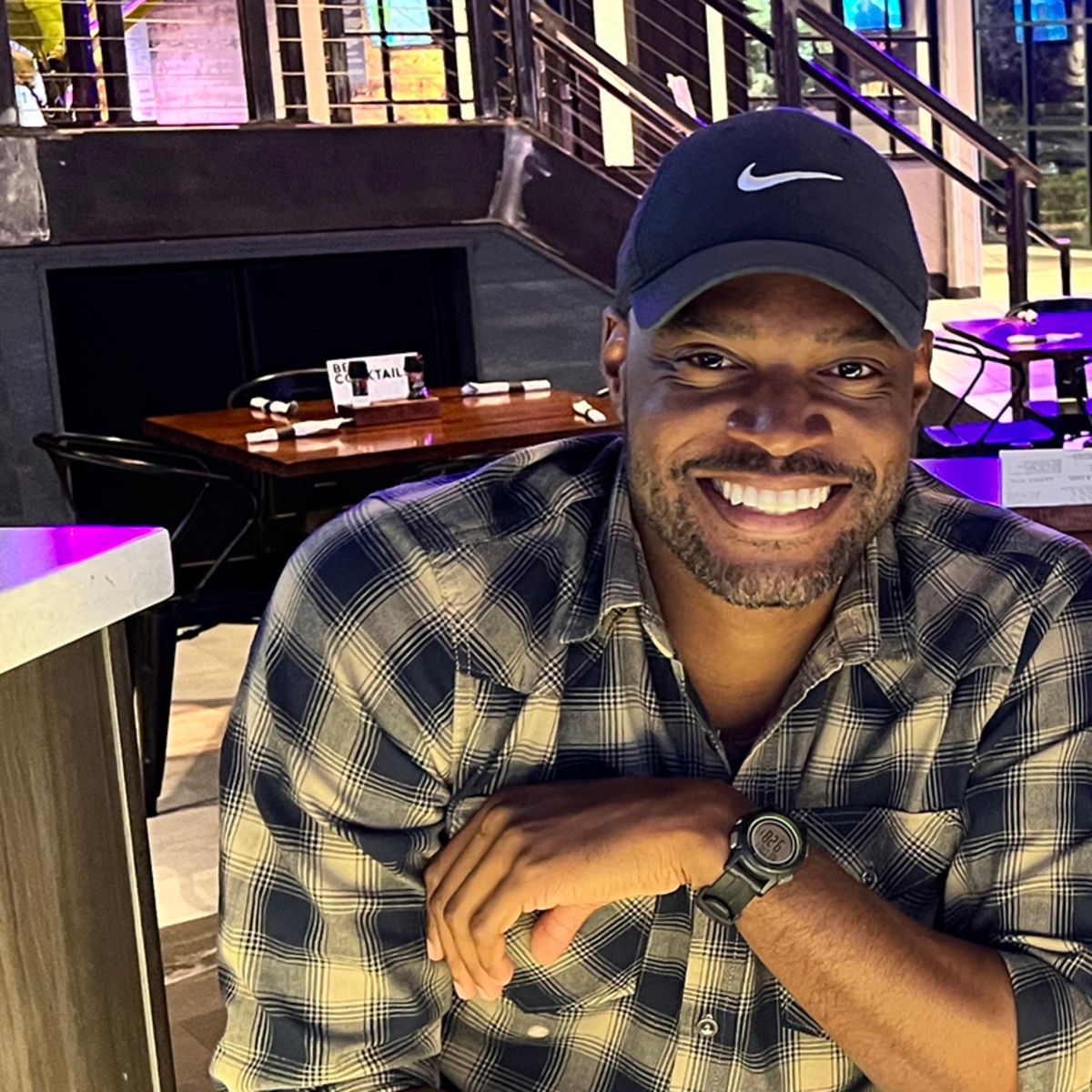At some point in your career, the question hits: should you double down on what you know or learn something entirely new? That’s the heart of the debate between upskilling and reskilling — two paths that sound similar but lead in very different directions.
Choosing wisely can save you years of wasted effort, or unlock opportunities you didn’t think were possible.
What’s the Difference?
Upskilling means sharpening or expanding skills you already use. Think: a marketer learning advanced analytics, or a teacher mastering new edtech platforms.
Reskilling means pivoting into a different domain. Think: a retail worker moving into IT support, or a journalist learning UX design.
Both are responses to change — but one keeps you on your current track while the other moves you to a new one.
Why This Decision Matters Now
Jobs are shifting faster than degrees or old training models can keep up. Entire roles are being automated or redefined. For lifelong learners, the real question isn’t “Do I need to learn?” but “What type of learning gets me where I want to go?”
If your field is growing, upskilling can keep you competitive and open doors to leadership.
If your field is shrinking or being replaced by technology, reskilling may be the smarter long-term bet.
Signs You Need Upskilling
You love your current role but feel gaps holding you back.
You’re competing with peers who already have advanced versions of your skills.
Your industry is evolving, but not disappearing.
Signs You Need Reskilling
You no longer feel energized by your field.
Your role is at high risk of automation.
You see stronger demand (and opportunity) in a different area altogether.
How to Decide Practically
Audit your skills. Make two lists: what you’re good at now, and what’s trending in your field. See if the overlap still matters.
Check demand. Use job boards or LinkedIn to see what employers are asking for. The patterns are clear if you look.
Experiment small. Try a micro-course in a new area before committing to a full reskill.
Think time horizon. Upskilling usually pays off faster. Reskilling often takes longer but can future-proof your career.
What Learners Often Miss
One common mistake is treating the choice as permanent. In reality, careers are often layered. You might upskill in data while reskilling into sustainability, blending the two into something unique. Another trap is waiting too long. If you only start reskilling when your old role disappears, you’re already behind.
The Bigger Picture
Upskilling and reskilling are not rivals. They’re tools. The trick is knowing when to grab which. For lifelong learners, this isn’t just about survival — it’s about agency. The ability to pivot, deepen, or reinvent is what keeps your learning path alive.
The next time you feel the itch for change, don’t just ask “what should I learn?” Ask whether you’re ready to climb deeper into your field — or leap into a new one.
